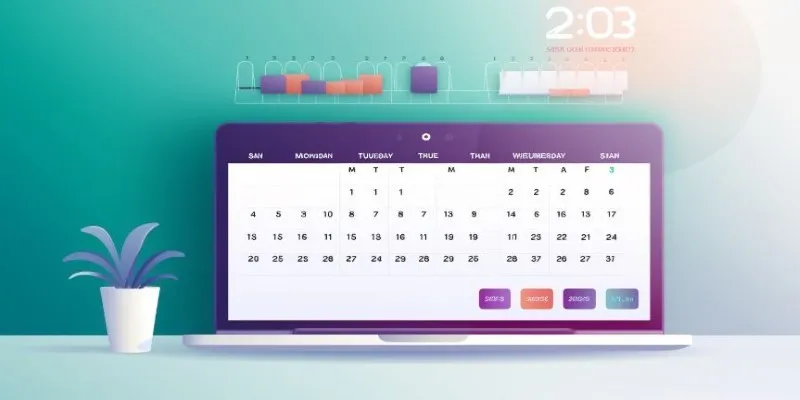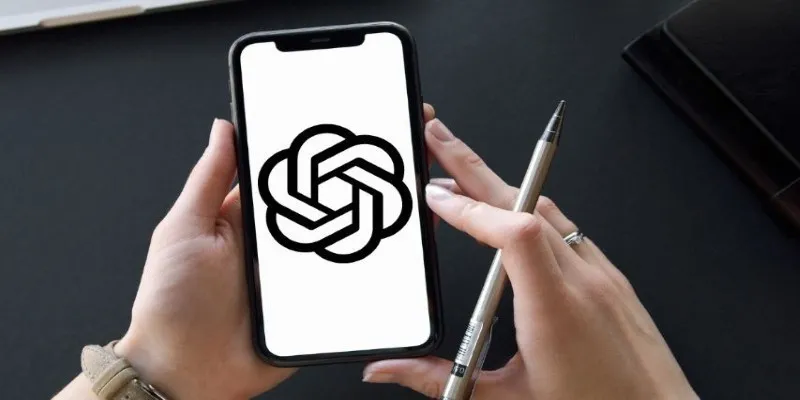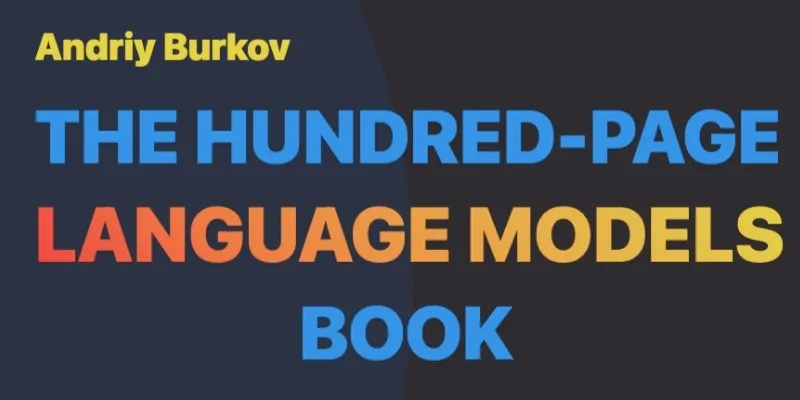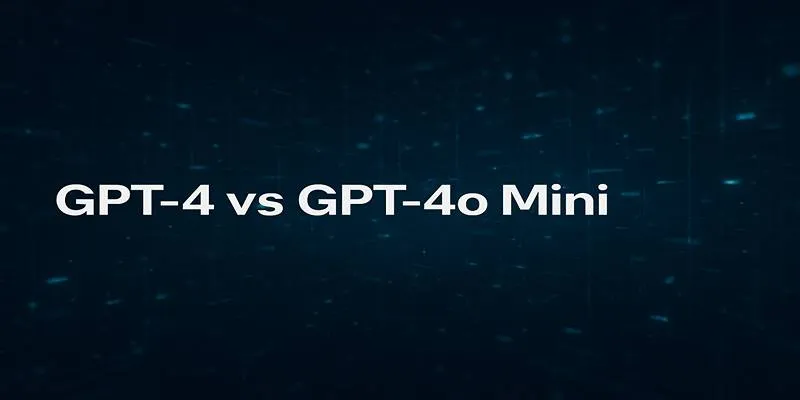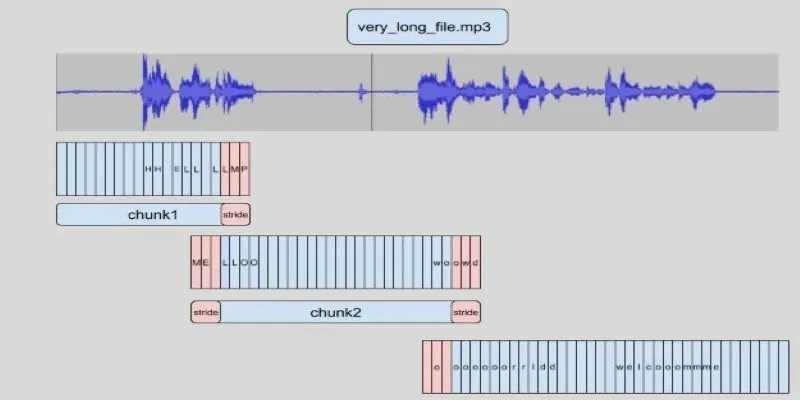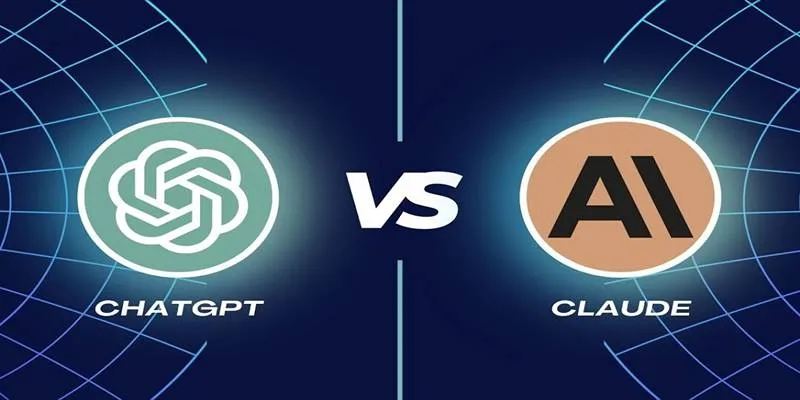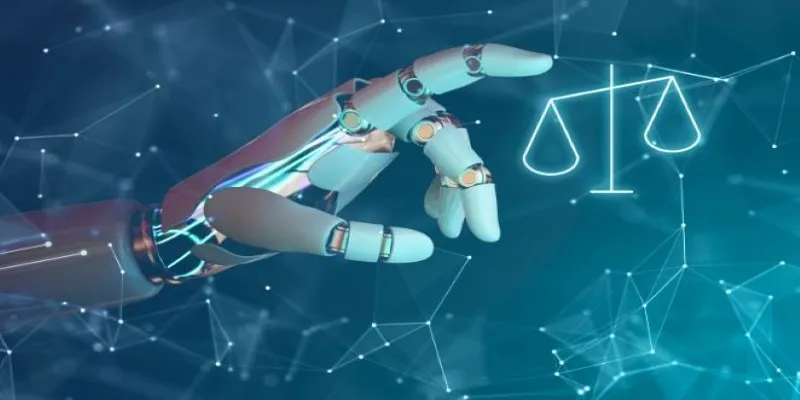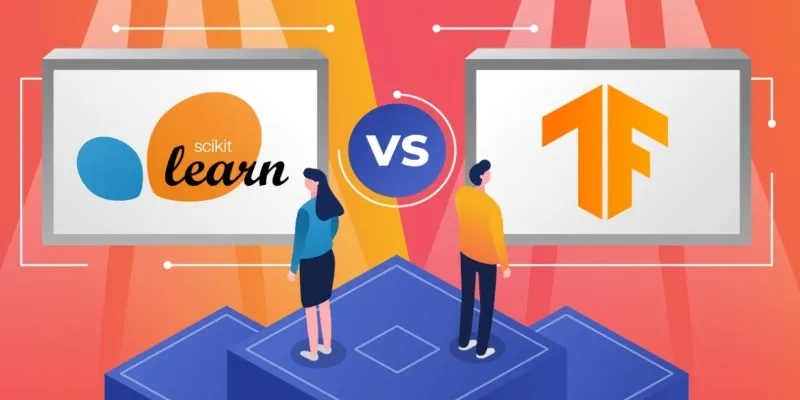In today’s content-driven world, freelance writers face increasing pressure to deliver high-quality work swiftly. Juggling tight deadlines, managing multiple clients, and maintaining creativity and consistency across projects is no small feat. This is why many professionals are turning to AI tools like ChatGPT to enhance their writing workflows.
ChatGPT, developed by OpenAI, has transformed how freelancers brainstorm, organize, and refine their content. However, using this technology without care or ethics can lead to significant drawbacks—including poor-quality work, factual errors, or even plagiarism. Understanding the do’s and don’ts of using ChatGPT is essential for freelance writers aiming to stay competitive, credible, and responsible in their craft.
The Do’s of Using ChatGPT as a Freelance Writer
Writers can significantly benefit from ChatGPT when it’s used to enhance creativity, refine structure, or support productivity. This section explores responsible and effective ways freelancers can integrate AI into their writing process while maintaining full authorship and originality.
1. Use ChatGPT to Refine Language and Improve Style
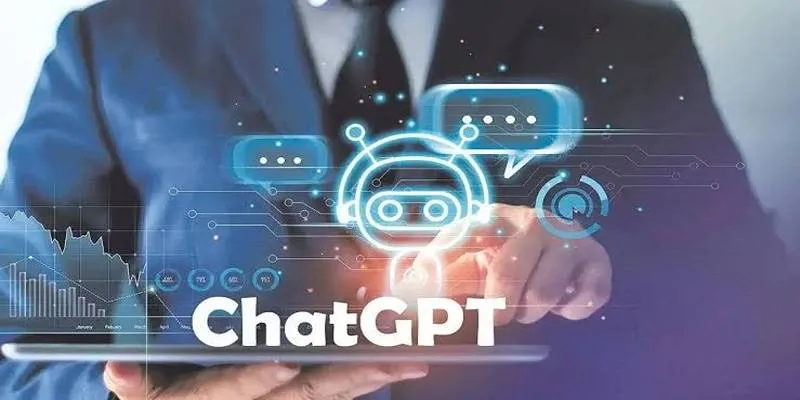
Many freelance writers use ChatGPT to refine their writing style or polish draft content. This includes rewording awkward phrases, improving sentence flow, or eliminating repetitive language. In this role, ChatGPT acts more like a digital editor than a content generator.
Writers retain full control over tone and narrative while benefiting from a second layer of stylistic input. This keeps the work original while enhancing the overall readability and engagement of the piece.
2. Brainstorm New Angles and Outline Content Ideas
Coming up with fresh content ideas regularly can become a challenge, especially when working within the same niche. ChatGPT helps stimulate creativity by offering title suggestions, outline structures, or thematic directions based on the writer’s goals or client brief.
It is especially useful during periods of creative fatigue or when a writer needs to approach a topic from an unconventional perspective.
3. Summarize and Clarify Dense or Technical Sections
Freelance writers often deal with source material that is lengthy or complex—particularly in fields like technology, business, or healthcare. When working with such content, ChatGPT can assist in distilling the information into more concise, reader-friendly language.
Used thoughtfully, this helps writers maintain accuracy while improving the content’s accessibility. However, it remains the writer’s responsibility to fact-check the information and preserve its intended meaning.
4. Understand Target Audiences More Effectively
Freelance writers must adapt their tone and messaging to resonate with different audiences. ChatGPT can assist in building reader personas or simulating how different types of readers might respond to specific content styles or formats.
This insight is valuable when crafting introductions, shaping calls to action, or deciding what vocabulary level to use. When the audience is well-understood, the final content becomes more persuasive and impactful.
5. Assist With Proofreading and Word Variety
Even seasoned writers occasionally overlook minor grammatical issues or overuse certain words. ChatGPT offers support by scanning drafts for errors, flagging repetitive terms, and suggesting synonyms or alternate phrasing.
When time is limited, this feature helps freelancers tighten up their work before final submission. That said, it should always be used in tandem with human editing judgment, not as a complete replacement for proofreading.
The Don’ts of Using ChatGPT as a Freelance Writer
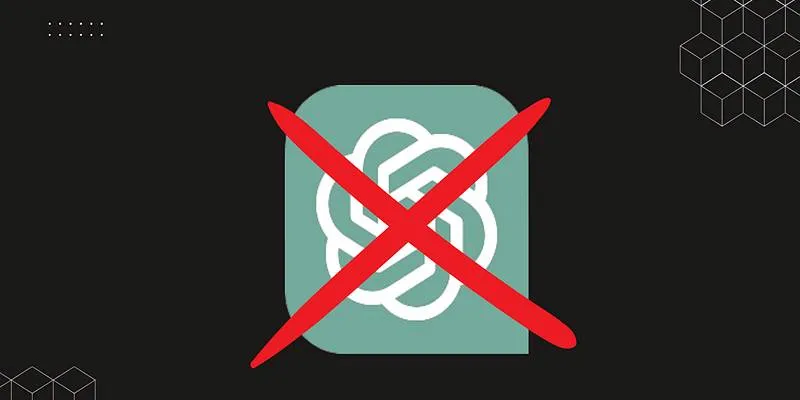
Misusing ChatGPT can lead to ethical concerns, factual inaccuracies, and reduced content quality. This section outlines the common mistakes freelance writers should avoid to ensure their work remains trustworthy, professional, and aligned with industry standards.
1. Do Not Use AI as a Substitute for Factual Research
One of the most common and risky mistakes writers make is relying on ChatGPT for facts, statistics, or references without verification. ChatGPT does not access real-time databases or cite live sources; it generates content based on patterns in its training data, which may be outdated or entirely inaccurate.
Freelance writers must independently verify all facts, especially in content covering health, finance, science, or law. Failing to do so can mislead readers, damage credibility, and risk violating client trust.
2. Avoid Publishing Unedited AI-Generated Text
Even when AI-generated output appears coherent, it may lack nuance, tone alignment, or brand voice. Publishing content directly from ChatGPT without human revision can result in bland, generic, or inconsistent messaging.
Freelancers should always treat ChatGPT as a first draft or creative assistant, not a final content solution. By editing and rewriting with intention, the content gains personality, clarity, and credibility.
3. Never Use ChatGPT to Spin or Rephrase Existing Articles
Content spinning—rewriting existing content to produce slightly altered versions—is widely considered unethical and unprofessional. Using ChatGPT to paraphrase large blocks of text not only reduces originality but may lead to plagiarism, even if unintentional.
Clients hire freelancers for original thinking, not repackaged ideas. Using ChatGPT to rewrite others’ work without adding personal insight or creative value diminishes a writer’s role and may breach copyright laws.
4. Don’t Rely on ChatGPT for Complex Logic or Calculations
ChatGPT is not designed to perform complex mathematical computations or logic-based problem-solving. Its confidence in presenting flawed results can be misleading. Writers creating content that involves data interpretation, logical reasoning, or in-depth analysis should verify results using appropriate tools or expert input.
5. Avoid Sharing Private or Client-Sensitive Information
Freelance writers often deal with non-public documents, early-stage strategies, or proprietary data. Entering sensitive material into ChatGPT—especially without client consent—poses data privacy risks. Even if the platform anonymizes data, conversations can be used to train future models.
Writers must treat AI tools as semi-public platforms and avoid sharing names, unpublished ideas, contracts, or confidential content. Professionalism demands strict adherence to client confidentiality.
Conclusion
ChatGPT has transformed how freelance writers approach brainstorming, editing, and workflow efficiency. When used correctly, it enhances clarity, supports creativity, and saves time. But like any tool, its effectiveness depends on the intentions and awareness of the person using it. Freelancers who treat ChatGPT as a creative assistant—not a crutch—can produce high-quality, ethical content that meets client standards.
 zfn9
zfn9
